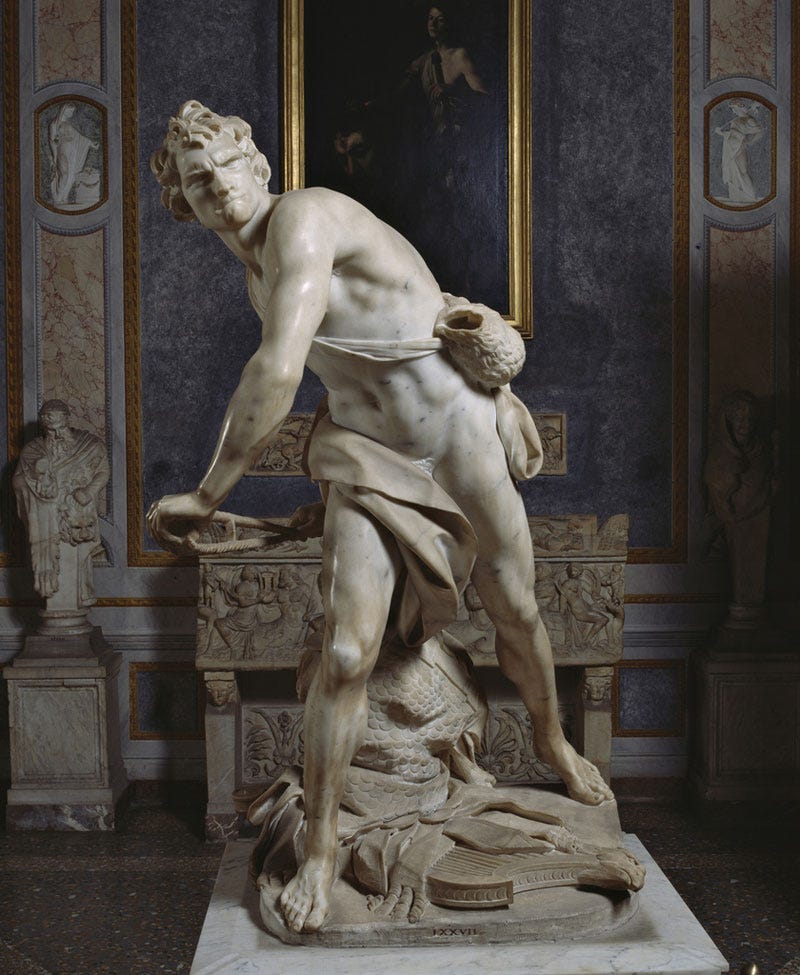On boy dykes
<3
My name has been Davey for almost a decade, but two years ago, my friend R started calling me David.
R and I got to know each other through their wife, S, a femme I met when we were working at the same dungeon, where we briefly shared a very irritating client who referred to vaginas as “flowers.” S is a ray of sunshine, one of those people that everyone is smitten with after five minutes of talking to her. R is like that, too, but with an edge: easy to love and easy to worry about, a father figure you want to baby.
Like every trans person I know, R has lost things. When they came out, adjusting their name and pronouns in the process, their core group of cis lesbian friends rejected them. In my gay life, I’ve lost plenty of individual people, and have gradually moved away from groups of friends, but I’ve never experienced that kind of devastation. It was hard to understand how other queers could be so cruel, especially to someone as kind and lovely as R is.
I’m usually wary of outgoing people, but R was different. We bonded quickly and intensely; we were both reckoning with our transness in similar ways at the same time. We saw each other in each other. When we’d both finally gotten our top surgeries, we promised, we’d bid farewell to dysphoria with a boyfriend photo shoot in absurdly glamorous dresses. We were going to be so pretty.
I met R shortly after leaving an abusive relationship with a masculine-of-center cis woman, and it occurs to me now that R was one of the first healthy platonic relationships I’d ever had with someone who looked like me. We didn’t have to fuck. We didn’t have to compete. We could want the same things, and support each other as we sought them out. R and I can talk about relationships, love, sex, work, family, and SM—with which we’ve had sometimes starkly different experiences—and still trust that the other will understand. Part of that is because, for all our differences, we can trust in the solidarity of our similarities, relating as boy dykes in love with each other. With R, for the first time, I was capable of treasuring someone like myself without having had a sexual relationship with them.
After my first surgery went bad, I wanted to hide from everyone. I was ashamed to be around R—one of my biggest cheerleaders—feeling as if I had failed them and the vision of us that we had created together. But R and S made a cocoon around me, a warm, soft space of nice words and nice meals and nice walks. With and through them I built relationships with new queers, including the trans woman who encouraged me to go on hormones when no one else would, and to whom I’ll be forever thankful.
Her encouragement was a gift, just like the name David. I lost years waiting for cis people to give me permission to be alive, a waste of time not only because they’d never spare it, but because it wasn’t theirs to give. “The best version of me isn’t the person who falls in love, but the person who takes love squarely for what it is,” writes T Flesichmann in their essay Time Is the Thing a Body Moves Through. To be loved by transsexuals is to be loved by people who love themselves, a blessing of the highest order.
In my journal from a few months after my first surgery, I wrote: R makes me feel desired but safe. To meet someone who sees in you the thing you want, and encourages you toward it, and finds it beautiful—what a gift.
David tweets at @k8bushofficial.



bless the angels who steer us in the direction of ourselves!!!
delighted and farklempt to see this genre of solidarity + friendships written abt — i say genre bc i experienced in like, the parallel/not-quite-counterpart context, as a faggot w/ other faggots + fagdykes (and like, dykes too, but those friendships have their own nuances). idk! this kind of thing is a little difficult to put into words for me, outside of fiction. i’m glad to see someone else talk abt it so well.